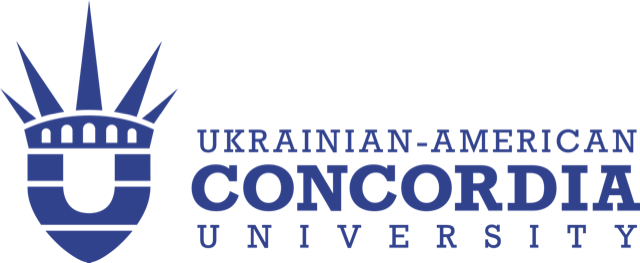Liubov Zharova, Ph.D., Professor, Head of the International Economic Relations, Business and Management Department, NAQA international expert:
“Recently, at UACU, we held a meeting with students to discuss issues, problems, and the vision for the development of educational programs and the University. For our team, it is not a formality, although there are several formal things that we, as a higher educational institution, must conduct, for example, questionnaires.
Sometimes students ask me why they should take a questionnaire at the end of the course because they won’t experience any changes. Then I tell them that annually I rethink and improve the course program, including taking into account the results of the questionnaires. Their reflections about the course are essential because I know lectures and system from the inside, and they see it from the outside. In the end, you can understand which tasks you liked, which were too complicated and why, and which were so simple that they tested not so much knowledge as attentiveness (although sometimes this is also important). Also, choose textbooks that are most comfortable to use during the course.
Ongoing direct feedback is also essential. It, among other things, allows you to improve the forms of control and tasks during the semester. In particular, how tasks should look in Moodle so that their execution is correct and understandable for everyone (for example, writing numerical answers with periods or commas as punctuation marks can become a problem).
I really like student projects because they always inspire me to create new cases. Moreover, the discussions during the classes create “cases” in real-time, e.g., rising egg prices, fluctuations in demand and supply for holidays, the impact of sanctions, and costs of enterprises during relocation, providing an opportunity to test theoretical knowledge of macro- and microeconomics in practice.
And I always remind you that feedback should not be evaluative but as specific as possible if the answer to an open question aims to change something, not only declare the value judgment. After all, an assessment – a «good» or «bad» course does not allow changing something, but specific recommendations or stating that a particular task was interesting gives much more information.
And during such live communication, we can always help each other to make the educational process more effective and interactive, even in such matters as deadlines for uploading works.
The process of improvement will never end. It is the way. And as the head of the department, I wish us success on this path.”

